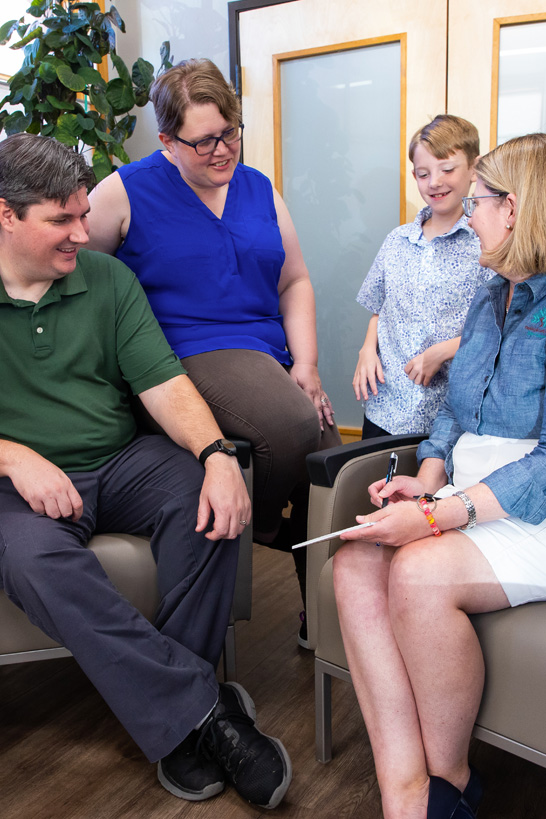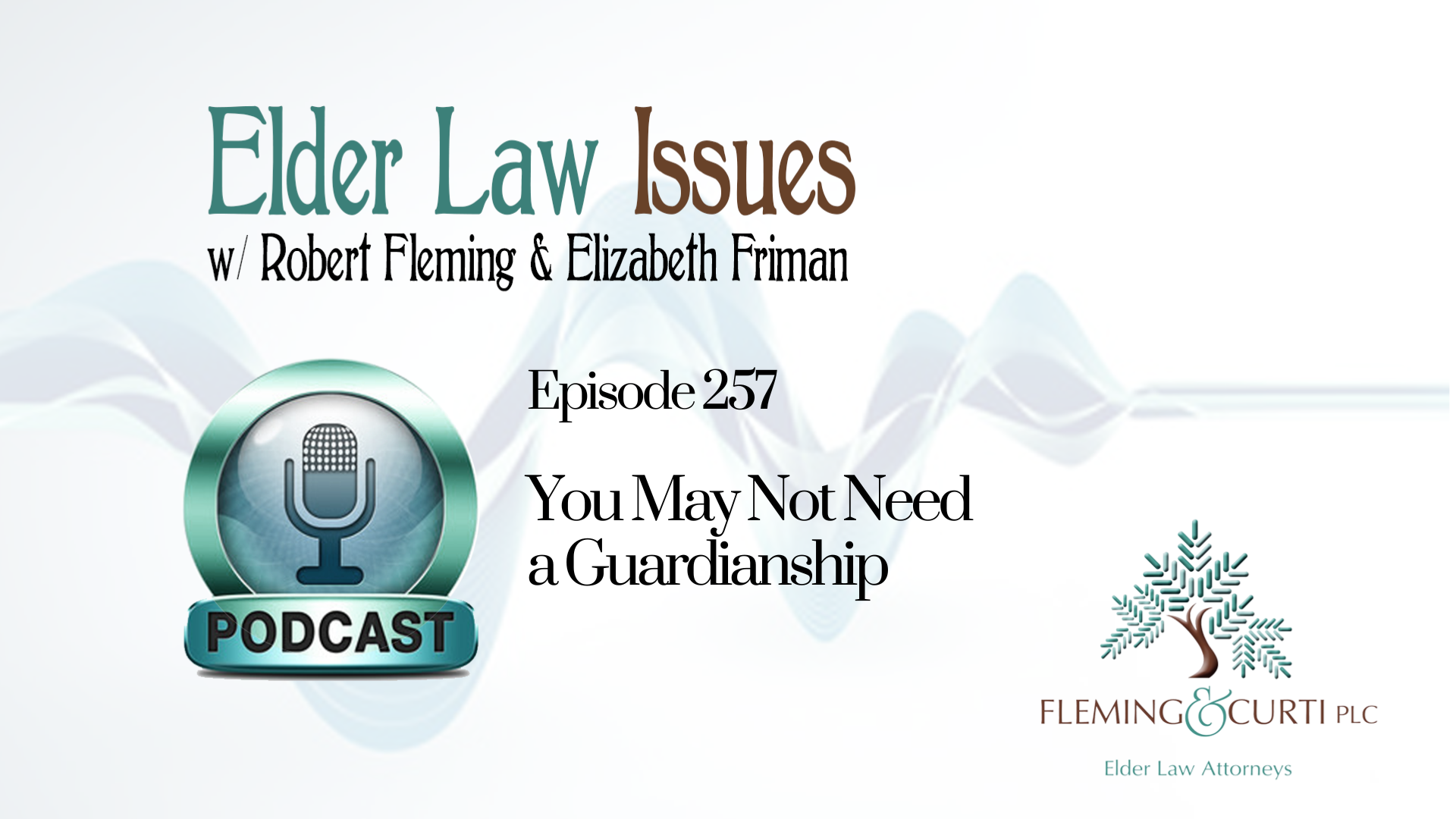Wills
Most people think “wills” when they consider estate planning. A will expresses a person’s wishes for how their property will be distributed after death. Wills are governed by the different laws of each state, though there are broad similarities across most states.
In Arizona, anyone 18 or older who is of sound mind can create a will. A will is usually signed by the creator (called a “testator”) and two witnesses, and they are often notarized.

What If There's No Will?
If there is no will (or other estate plan), property that is not distributed by beneficiary designation will be distributed according to default laws, called “intestate” statutes. Many people assume that with no will property goes to the state, but that is incorrect. Instead, it goes to family members in the way lawmakers assume most people would want. In Arizona, that’s generally to your spouse and children. If you have no surviving spouse or descendants, that may mean parents or their descendants (siblings, nieces, nephews) or more remote relatives (aunts, uncles, cousins) receive your property. If you don’t want your property to be distributed based on the default laws, you should have an estate plan.
Even if you intend to follow state law for who gets what, there are other reasons to create a will. Wills also nominate the person who will administer your estate (called a “Personal Representative” in Arizona), waive bond for them, name guardians for minors or incapacitated persons, and even memorialize wishes for organ donation and burial. One key decision is the selection of a Personal Representative; many people name family members, but if that is not appropriate or possible, a private fiduciary (like Fleming & Curti) can be an alternative.
Does a Will Help Avoid Probate?
Another common misconception about wills is that having one helps avoid probate. It doesn’t. Probate is actually the court process that determines the validity of a will. For a few estates, a probate proceeding may be beneficial. It provides rules to follow, structure and deadlines, and some oversight if the administration goes astray. The many rules include mandatory notice to creditors, which provides finality for payment of debts and obligations.
Some people believe that if you have a trust, you don’t need a will. Even estate plans that center on a trust include a will. The “pourover” will provides that any assets left out of the trust (or removed from the trust’s name over time) are to be transferred into the trust and distributed according to its provisions.
Many clients grapple with whether a will or trust plan is best for them. That decision is personal and depends on a number of factors. An attorney can explore the options and help you decide what is best for you. We’d be happy to help with that.

I need help with:
How we're different

- Chris T
Podcasts
Subscribe to our Newsletter
Subscribe to our newsletter to get our takes on some of the situations families, seniors, and individuals with disabilities find themselves in. These posts help guide you in the decision-making process and point out helpful tips and nuances to take advantage of. Enter your email below to have our entries sent directly to your inbox!



